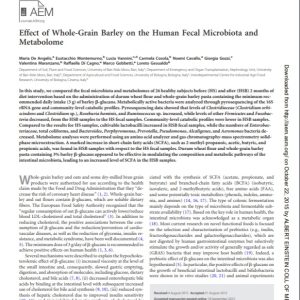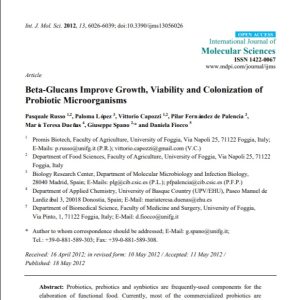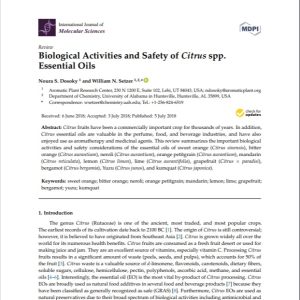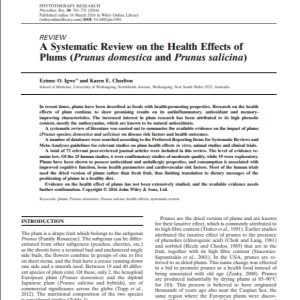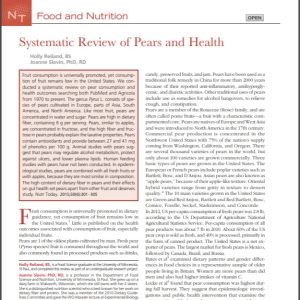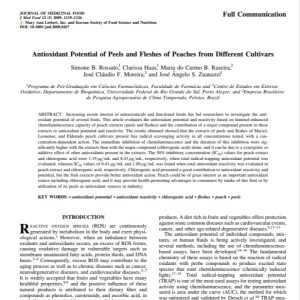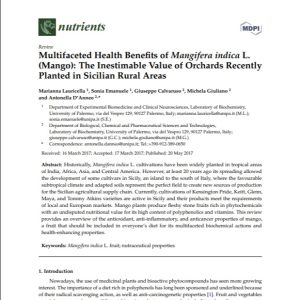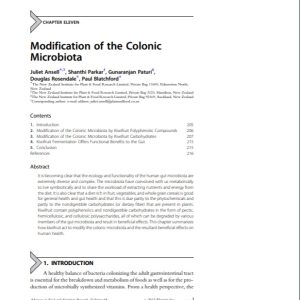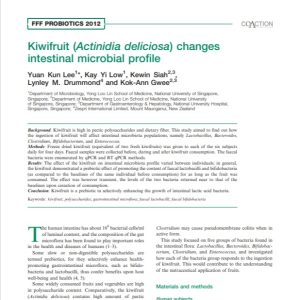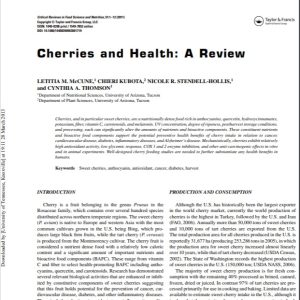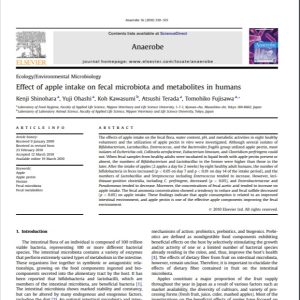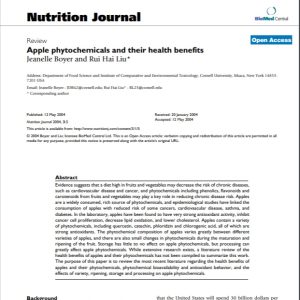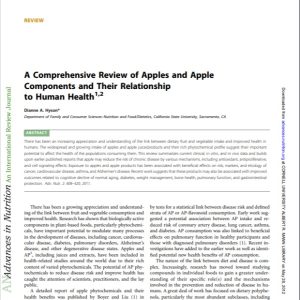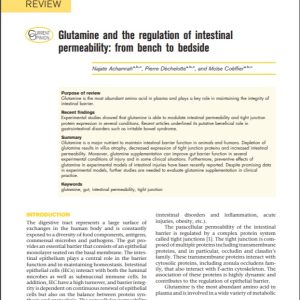Baking as Lifestyle Medicine Research Library
Baking as Lifestyle Medicine Research Library
Comprising seven principles and reflecting over 20 years of research. The Baking as Lifestyle Medicine Protocol ( BALM Protocol ) is an evidence-based approach. The foundation of BALM is in The Six Pillars of Lifestyle Medicine. The framework guides everything we do at The Sourdough School and The Sourdough Club.
This library embodies a comprehensive and holistic approach to the study of baking, eating, and sharing bread, encompassing a diverse range of interconnected topics. Reflecting the complexity of this approach, the research covers various areas such as breadmaking, nutrition, fermentation, lifestyle medicine, sleep science, stress management, physical activity, non-communicable diseases, and the gut microbiome, with a strong focus on the mechanisms of fermentation.
By integrating these diverse fields of study, the library offers a multifaceted perspective on the many aspects that contribute to our relationship with bread and its impact on our well-being. This holistic approach acknowledges the complexity of the subject matter and encourages a deeper understanding of the interconnected factors that influence our health and overall quality of life through the lens of breadmaking and consumption.
Students can use the catalogue to search but must be logged in to do so.
How do we use the studies?
Every recipe, every lesson, and every ingredient in The School and the Club is meticulously researched, and we link back to the research in this library.
Creating and maintaining our research library has taken hundreds of hours and significant resources. From the beginning, Vanessa has written plain English "translations" of each study to make the information more accessible and understandable for a wider audience. Although academic studies are linked to each review, several obstacles inspired us to share this knowledge freely:
- Limited access to studies: In the past, many studies were only available to those affiliated with academic institutions. While this has improved over the years, we believe that knowledge should be accessible to everyone, regardless of their background or affiliation.
- Difficulty understanding academic language: Even when studies are publicly available, many people struggle to interpret the complex language used in academic research. By providing plain English summaries, we aim to bridge this gap and make research findings more comprehensible to a wider audience.
- Translating knowledge into practical applications: Understanding the results of a study doesn't always equate to knowing how to apply that knowledge to everyday life, such as incorporating it into one's diet. Our library helps readers of our books gain a deeper understanding of the research behind them and offers practical guidance on incorporating the findings into their lives.
Vanessa firmly believes that making knowledge accessible and available is a way to disrupt the influence of large food conglomerates that produce addictive ultra-processed foods. We view knowledge-sharing as a vital component of our social justice strategy, empowering people to make informed decisions about their diets and overall well-being.
By sharing our research library freely, we encourage everyone to bake, eat, and share knowledge, promoting a more equitable and health-conscious society.
Beta-Glucans Improve Growth, Viability and Colonization of Probiotic Microorganisms
Biological Activities and Safety of Citrus spp. Essential Oils
A Systematic Review on the Health Effects of Plums (Prunus domestica and Prunus salicina)
Systematic Review of Pears and Health
Antioxidant potential of peels and fleshes of peaches from different cultivars
Multifaceted Health Benefits of Mangifera indica L. (Mango): The Inestimable Value of Orchards Recently Planted in Sicilian Rural Areas
Modification of the colonic microbiota
Kiwifruit (Actinidia deliciosa) changes intestinal microbial profile
Cherries and health: a review
Effect of apple intake on fecal microbiota and metabolites in humans
Apple phytochemicals and their health benefits
A comprehensive review of apples and apple components and their relationship to human health
Glutamine and the regulation of intestinal permeability: from bench to bedside
Circadian Rhythm and the Gut Microbiome
- « Previous Page
- 1
- …
- 21
- 22
- 23
- 24
- 25
- …
- 41
- Next Page »
